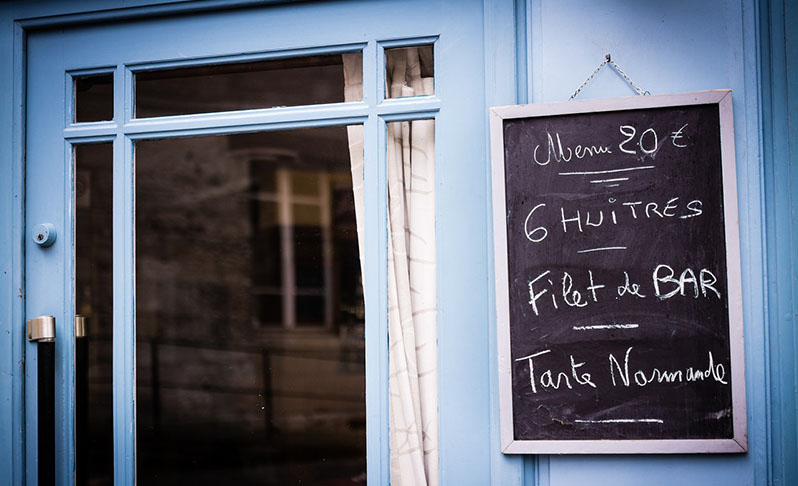The future in French can be expressed in three different ways – le futur proche (aller + infinitive form of the verb), le futur simple or even at times with le présent.
The choice depends mostly on whether you are talking about a planned event which will definitely take place; or whether you are thinking about something that could eventually take place one day; or if your speaking about actions that will take place in the very near future. A French person will instinctively use the appropriate one without thinking. The distinction between le futur and le futur proche is not always clear – there are many situations where you can use either one. Therefore, we will try to give you some clear pointers on which one to choose and why.
Take a few minutes to read and understand the definition and how to use each one of the future tense in French:
1) Le futur proche
Most of you have probably use this tense as it is quite straight forward and easy to use with the verb aller. We have a tendency to use this tense more frequently when speaking than the futur simple. Usually, we use it to indicate an event or actions which are planned and are most likely going to happen. When one starts learning French, it is best to first learn the futur proche tense since the verb aller is usually one of the first verbs we learn to conjugate. It is translated as “going to” and mirrors very closely how it is used in English. This is how it works:
Subject + the present tense of aller + infinitive of a verb
Examples:
Je vais manger une soupe à midi. = I’m going to eat a soup for lunch.
Tu vas manger… Il/Elle va manger… Nous allons manger… Vous allez manger… Ils/Elles vont manger… = You’re going to eat… He/She is going to eat… We’re going to eat… You’re going to eat… They’re going to eat…
Again, the French have a tendency to use this tense to indicate something they have planned and will most likely happen. It can be a short or long term planned event.
Examples:
Nous allons déménager en France l’année prochaine. = We’re going to move to France next year.
Je vais partir du travail avant 19h. = I’m going to leave work before 7pm.



 Receive our French Learning e-Magazine for FREE!
Receive our French Learning e-Magazine for FREE!

 Improve your French aural comprehension, your French writing skills or your grammar knowledge. Communicate with ease and confidence when traveling in France… Our ebooks have helped thousand of French learners. Ebooks with audio, exercices, short stories, etc.
Improve your French aural comprehension, your French writing skills or your grammar knowledge. Communicate with ease and confidence when traveling in France… Our ebooks have helped thousand of French learners. Ebooks with audio, exercices, short stories, etc.